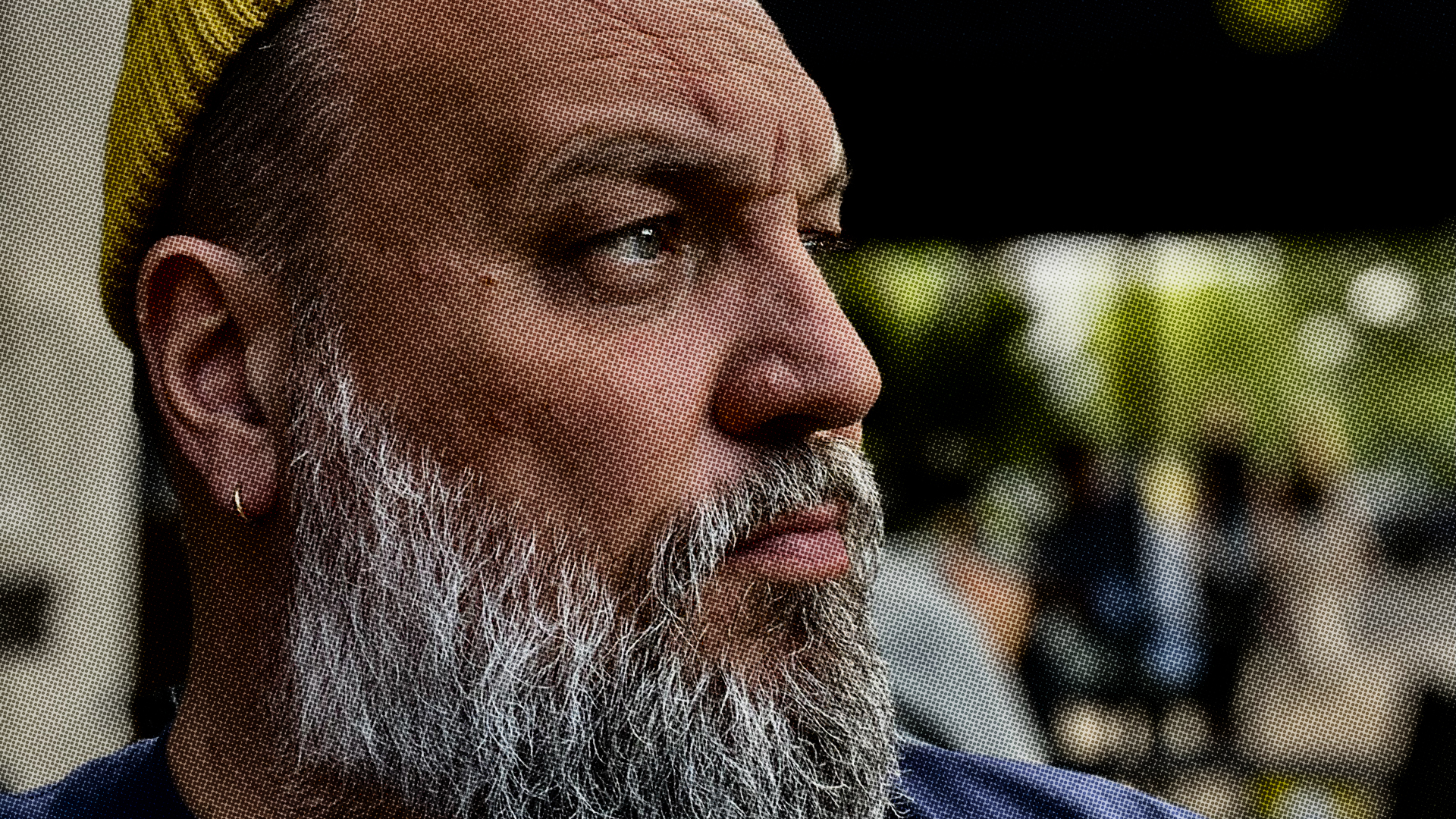How old do you have to be to be an executive producer?
'It does come in handy to mature a bit first. In my opinion, you just have to know what you are talking about and that takes time. I've done a lot of different things: bigger films, smaller ones, commercial films, international projects. I always want to go for content as much as possible and like to choose something that is socially moving. Fortunately, I have now reached a stage where i do know how things work. That is nice, but at the same time it makes you a kind of senior. Sometimes that makes me melancholic. But the advantage is that you are believed much sooner. Old people don't lie. HAHA.
I enjoy being part of the whole process. And help shape it. From A to Z. Although... My process goes more from C to Q. Because that very very beginning, i'm not there. And most of the time, neither is the end. Applying for money and making sure we can start shooting a film are tasks that lie with the producer. I do often make cost estimates for applications to the Film Fund. Because, after all these years of experience, i am good at estimating the scope of a project and translating it into financial forecasts.'
Do you see this profession changing very much?
'No, I don't think so. We do pay more attention to other things now like, the welfare of the whole crew and cast and 'greener filmmaking'. You can do small things: thinking about transport and not drinking from plastic cups anymore. We are trying to produce smarter and more responsibly. In the end, you always shoot on location anyway. That whole carnival always has to be moved again. I do foresee changes in working conditions. We are pretty much cowboys in the Netherlands. A standard spinning day is over after ten set hours. Today, for instance, we had a call at 6.15 in a village deep in North Holland. We were supposed to finish at 16.15. Then people still have to return home. Some people are then twelve or fourteen hours. That's why I find 15 minutes over complicated, because of those crazy hours we make anyway. I lie down for that.'
What is the most important trait of an executive producer?
'Being empathetic and sensing what colleagues need. You also want everyone to flex their muscles with you. But above all: you have to know what you're talking about. You have to understand what everything on set means. If people say "don't turn that shot then because we'll go into overtime". Then you have to know what consequences that has in editing. Or "Fix it in post": then it's useful to know what that means later in the post-production process. To young people who choose the direction of production at film school, I would say that they need to get flying hours. Perhaps another important quality is: that you like operating in the background. Personally, I don't like being in the spotlight. The other day, during a production, they asked me again to play an angry neighbour. Nothing for me. But enormously complicated big call sheets, making miles of Excel sheets, working with crew from many countries within an international co-production... I'm comfortable with that.'
Chris Jorna
executive producer

"No one can stand up to experience. So my greying beard helps"